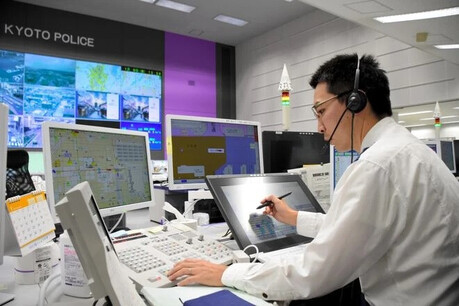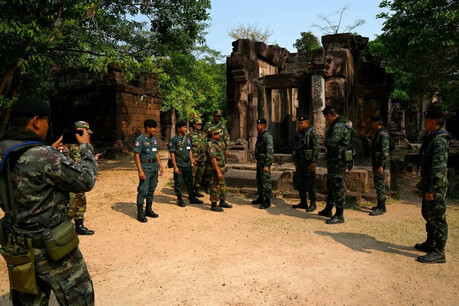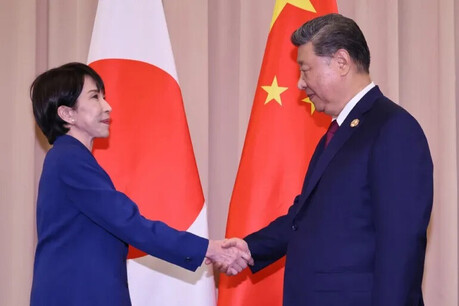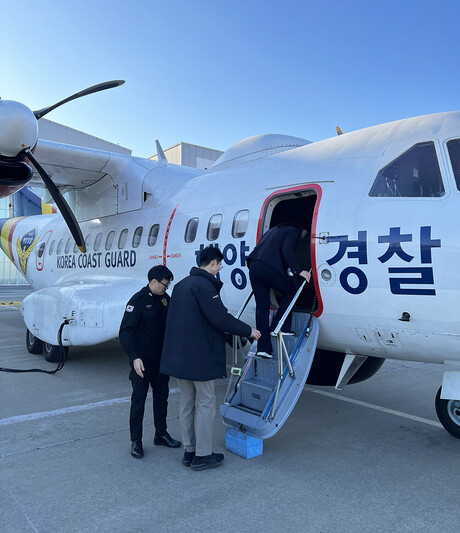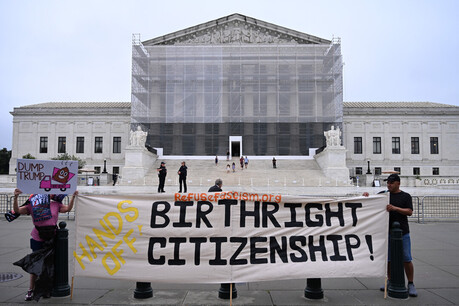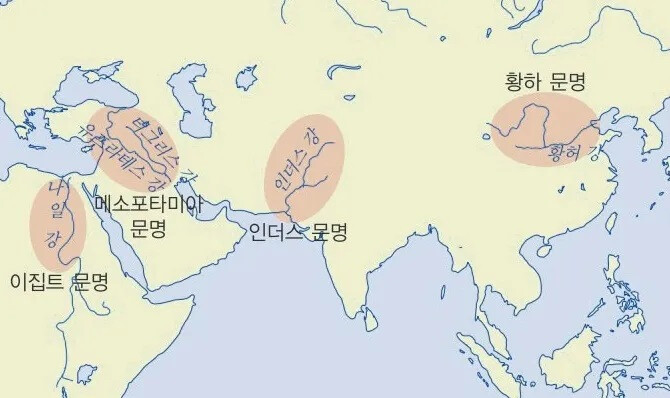
The ancient world witnessed the rise of several great civilizations, but four stand out as the most influential and enduring: Mesopotamia, Egypt, the Indus Valley, and China. These regions, often referred to as the "Four Cradles of Civilization," laid the foundation for human society, culture, and development.
Mesopotamia
Located in modern-day Iraq, Mesopotamia was situated between the Tigris and Euphrates rivers. This fertile region was home to some of the earliest cities, including Ur, Uruk, and Babylon. The Sumerians, Akkadians, Babylonians, and Assyrians were among the civilizations that flourished here. Mesopotamia is renowned for its contributions to writing, mathematics, astronomy, and law. The famous Code of Hammurabi, one of the earliest written law codes, originated in Mesopotamia.
Egypt
The Nile River provided the lifeblood for ancient Egypt, a civilization that endured for thousands of years. The Egyptians developed a complex society with a highly organized government, a polytheistic religion, and remarkable achievements in architecture, such as the pyramids of Giza. The Egyptians also made significant contributions to medicine, mathematics, and astronomy.
Indus Valley
The Indus Valley Civilization, located in modern-day Pakistan and northwestern India, was one of the largest and most advanced of the ancient world. Cities like Harappa and Mohenjo-Daro were well-planned and had sophisticated drainage systems. The Indus people were skilled artisans and traders, and they developed a unique writing system that has yet to be fully deciphered.
China
The Yellow River, or Huang He, played a crucial role in the development of Chinese civilization. The Chinese developed a complex system of writing, a sophisticated bureaucracy, and a rich philosophical tradition. Confucianism, Taoism, and Legalism were among the major philosophical schools that emerged in ancient China. The Great Wall of China, one of the most iconic structures in the world, was built to protect the northern borders of the Chinese empire.
Commonalities and Legacy
While these civilizations developed independently, they shared several common features, including:
River valleys: All four civilizations were located in river valleys, which provided fertile soil for agriculture and a reliable source of water.
Urbanization: These civilizations developed large, complex cities with specialized functions.
Writing systems: The development of writing systems allowed for the recording of history, laws, and literature.
Complex societies: These civilizations had hierarchical social structures, organized governments, and complex religious beliefs.
The legacy of these four civilizations is evident in the modern world. Their contributions to art, architecture, science, and philosophy continue to inspire and shape our lives. By studying these ancient civilizations, we can gain a deeper understanding of our own history and the challenges and triumphs that have shaped humanity.
[Copyright (c) Global Economic Times. All Rights Reserved.]
















